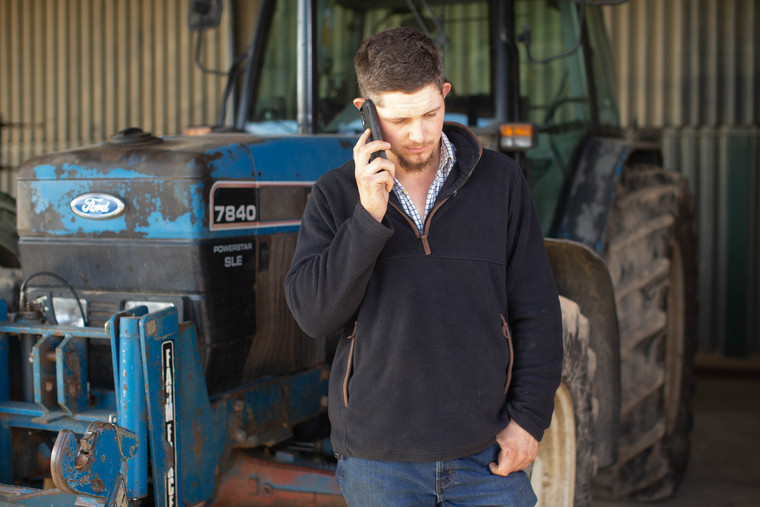The charity’s proactive response focuses on providing early, preventative wellbeing support for farming people.
RABI’s head of partnerships, Suzy Deeley, says the new in-person mental health counselling and farming-focused mental health training initiatives will complement existing schemes. Both services can be easily and consistently accessed by the farming community.
“Our recent survey findings confirmed that over a third of farming people are probably or possibly depressed,” says Ms Deeley. “RABI has committed to developing support services that help address these poor experiences. Collaborating with partners, RABI is introducing essential services that we believe will make a difference to our community.”
The free, confidential in-person counselling is delivered by BACP accredited counsellors. Anyone feeling they could benefit from talking to a professional can access via RABI’s 24/7 helpline on 0800 188 4444. Clinical or GP referrals are not necessary, with counsellors responding to initial requests for support within 24 hours.
“All of the counsellors providing support have been selected for a combination of their clinical expertise and their background, engagement or interest in farming and rural communities. It’s vital they have the right specialist experience and are committed to our community with an understanding of the complex challenges farming people face. Ongoing counsellor training will ensure farming people are properly supported when they face issues impacting the sector,” Ms Deeley explains.
Counselling sessions can take place face-to-face, by telephone or video conferencing and are tailored and led by each individual.
In addition to in-person counselling, RABI is launching the first suite of accredited/certified mental health training tailored for the farming sector. The training provides a valuable tool for the agricultural community to help them feel comfortable talking about how they are feeling.
“We are increasingly being approached by organisations and individuals who want to develop the skills to open conversations around mental health with friends, colleagues, customers and clients. This training will equip trainees with the tools to start conversations about wellbeing with confidence,” says Ms Deeley.
A unique feature of the training is the provision of aftercare for trainees. All who receive training will have access to ongoing support, so no one shoulders the weight of difficult conversations alone.
“It’s important that people feel comfortable talking about mental health. To do so, they need to know there’s an opportunity to discuss their experiences and gain further advice whenever they may need to,” says Ms Deeley.
“Having access to professional support helps to remove the pressure of responsibility on the individual and will encourage more people within the community to take-up the training, and to help normalise the conversation.”
Both services are being delivered in partnership with Red Umbrella, a not-for-profit specialist provider of accredited mental health counselling, mental health training and aftercare support.
“Our aim with both of these new services is to continue to open-up access to support and encourage early intervention to prevent farming people reaching a point of crisis,” concludes Ms Deeley.




